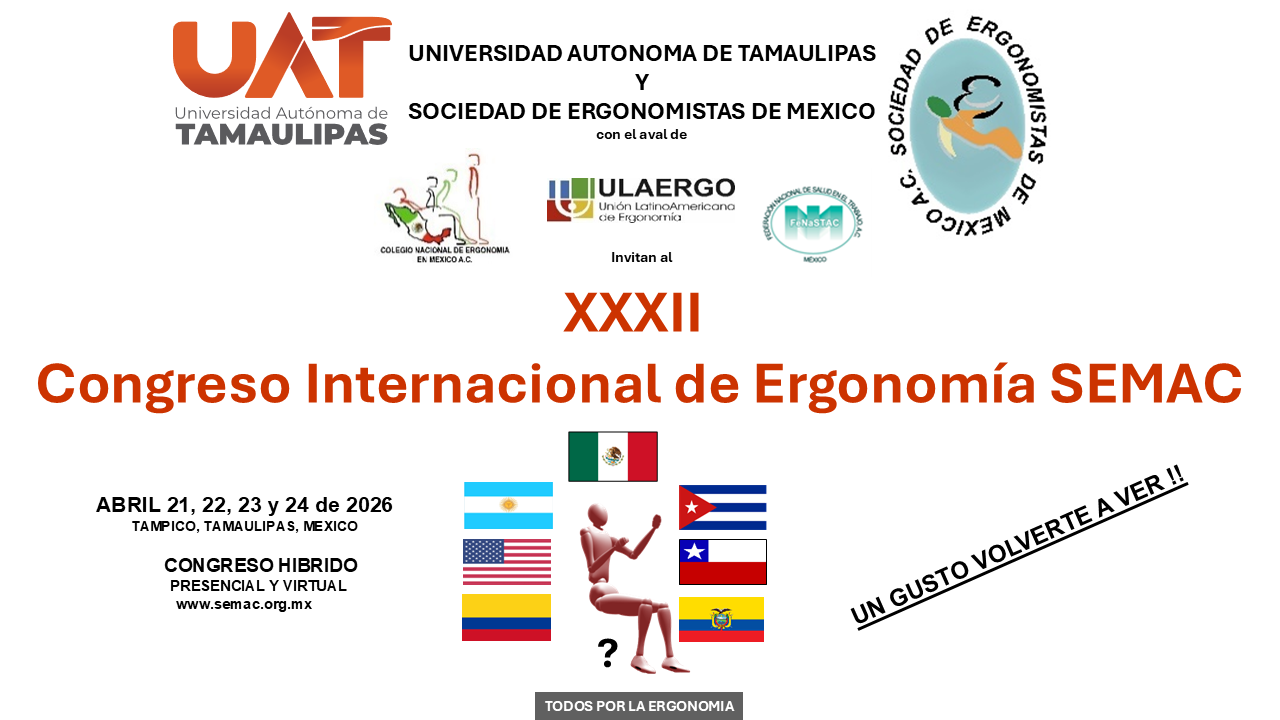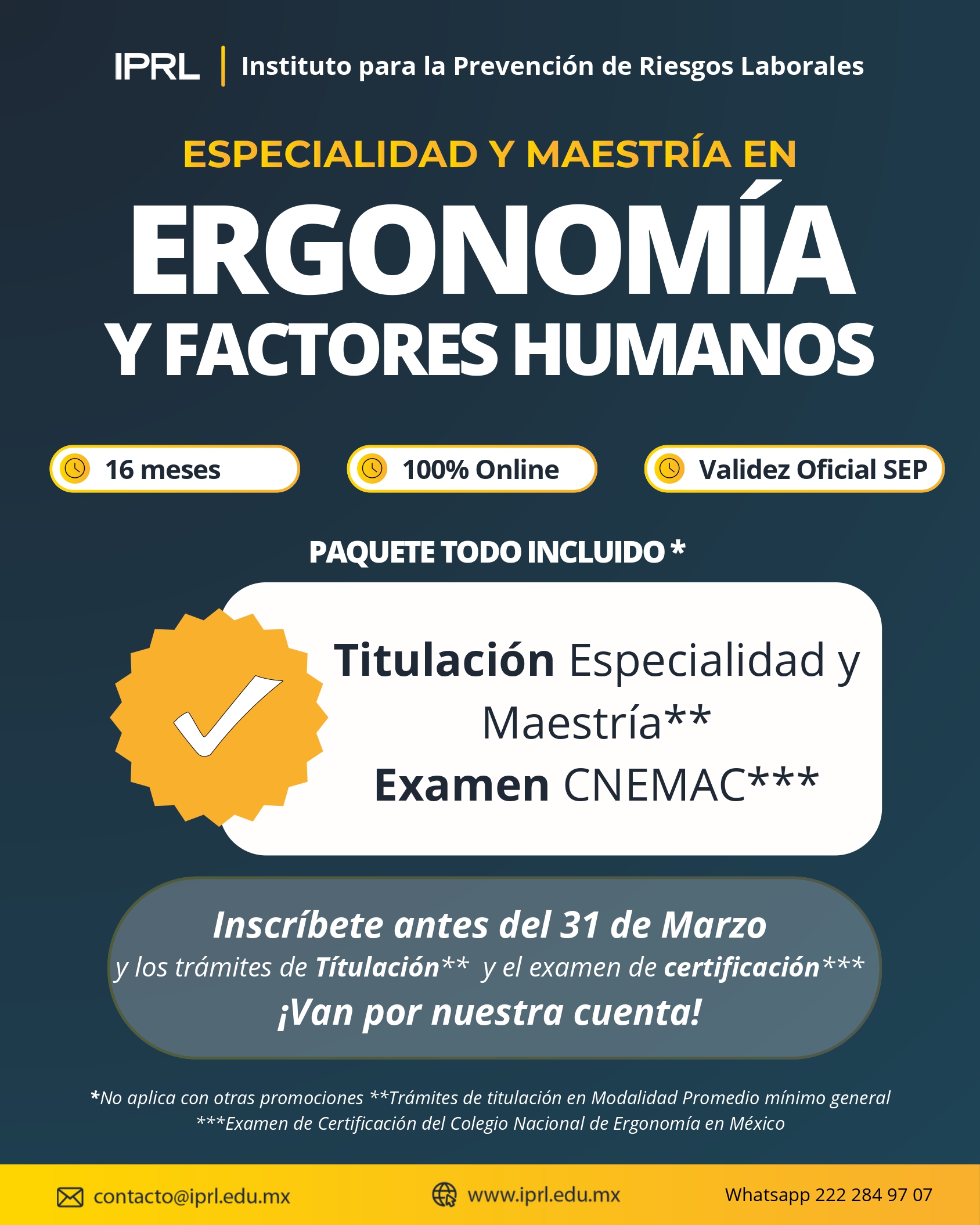The High Cost of Ignoring Ergonomic Work Practices
As any company manager knows, it is important to weigh the costs of implementing new work programs with the expected long-term financial gains. Items labeled as being ergonomic can put a large dent into budgets. The business of ergonomics has become big business. A fully adjustable ergonomic chair alone can cost hundreds, if not thousands of dollars. Then there is the fear that if one work station is altered, every work station will need to be similarly altered. Or that by bringing up the topic of ergonomics, employees will be made aware of the potential for injuries and start making claims. It is not surprising that many companies do not look towards ergonomic solutions as a means of controlling costs.
On the other hand, not addressing ergonomic issues can be quite costly as well. According to the U.S. Department of Labor, the direct and indirect costs of musculoskeletal injuries can total as much as $20 billion dollars a year. A survey conducted by Liberty Mutual in August of 2001 revealed that 95% of respondents felt that workplace safety had a positive impact on a company's financial performance; 86% felt that workplace safety provided a return on investment; and 61% felt that $3 or more is saved for each $1 invested in workplace safety.
So, we know that ergonomic solutions can decrease the incidence and cost of injuries and enhance employee satisfaction. We can further maximize ergonomic investment by looking for no-to-low cost solutions. Here are a few basic ergonomic freebies to get you started.
Some solutions can be as simple as rearranging a work space, moving the work area higher or lower or closer, placing tools within easy reach, and keeping the working space directly in front of our bodies. Avoid excessive reach. Place most frequently used items within an easy reach envelope. Position furniture and work equipment to promote healthy posture.
The more repetitive your job tasks, the more you are at risk. Rotate tasks often. Get up and get moving: get a drink of water, make a phone call; take a walk to the copy or fax machine; walk down the hall to discuss an item with a co-worker rather than using email.
Ensure that tools are in good working order. If using sharp tools, make sure the blades are sharpened to reduce the exertion needed during use. Do not disengage any safety features.
fuente: www.usernomics.com
On the other hand, not addressing ergonomic issues can be quite costly as well. According to the U.S. Department of Labor, the direct and indirect costs of musculoskeletal injuries can total as much as $20 billion dollars a year. A survey conducted by Liberty Mutual in August of 2001 revealed that 95% of respondents felt that workplace safety had a positive impact on a company's financial performance; 86% felt that workplace safety provided a return on investment; and 61% felt that $3 or more is saved for each $1 invested in workplace safety.
So, we know that ergonomic solutions can decrease the incidence and cost of injuries and enhance employee satisfaction. We can further maximize ergonomic investment by looking for no-to-low cost solutions. Here are a few basic ergonomic freebies to get you started.
Some solutions can be as simple as rearranging a work space, moving the work area higher or lower or closer, placing tools within easy reach, and keeping the working space directly in front of our bodies. Avoid excessive reach. Place most frequently used items within an easy reach envelope. Position furniture and work equipment to promote healthy posture.
The more repetitive your job tasks, the more you are at risk. Rotate tasks often. Get up and get moving: get a drink of water, make a phone call; take a walk to the copy or fax machine; walk down the hall to discuss an item with a co-worker rather than using email.
Ensure that tools are in good working order. If using sharp tools, make sure the blades are sharpened to reduce the exertion needed during use. Do not disengage any safety features.
fuente: www.usernomics.com
1,913,186








